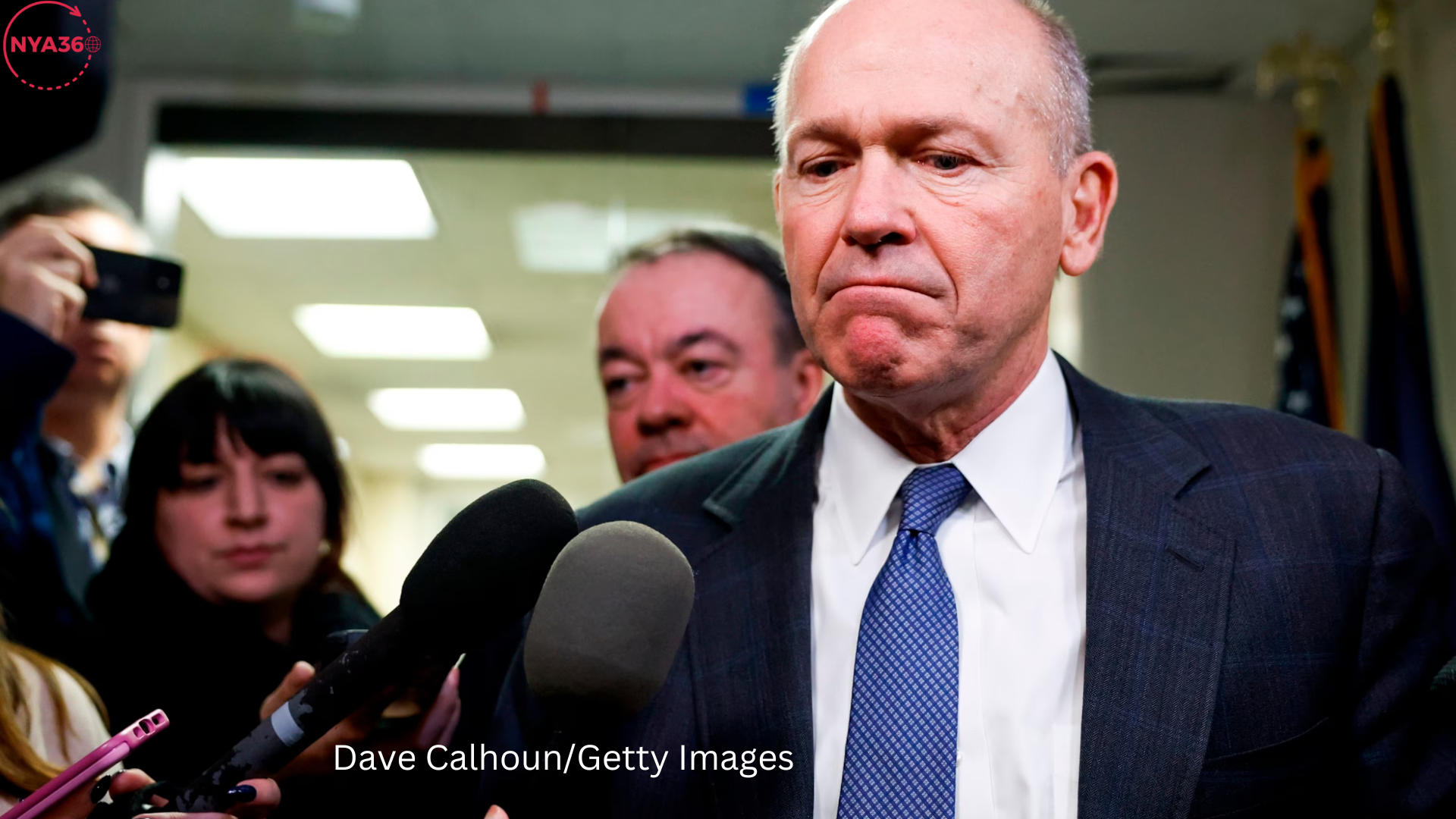There has been a major change at Boeing as CEO Dave Calhoun has revealed his plan to resign by the end of the year. Additionally, Stan Deal, the head of Boeing Commercial Airplanes (BCA), will be departing immediately. This decision follows a string of unfortunate incidents and worries regarding the reliability and production issues on Boeing aircraft, indicating a critical juncture for the aerospace company.
With the departure of Calhoun and Deal, Boeing finds itself at a crucial turning point. The company has been under increasing scrutiny from airlines, regulators, and the public following a series of well-publicized incidents involving its aircraft. Given the grounding of the 737 MAX after two tragic crashes and the recent reports of manufacturing defects and quality issues, Boeing’s reputation has come under intense scrutiny. This has led to demands for changes in leadership and a greater sense of accountability.
Assuming Calhoun’s role is Stephanie Pope, who has been fulfilling the position of the company’s chief operating officer. Having extensive experience in managing Boeing’s diverse business units, such as Commercial Airplanes, Defense, Space & Security, and Global Services, Pope offers a new outlook and a proven history of enhancing performance and fostering innovation within the organization.

The timing of these leadership changes is noteworthy, considering Boeing’s current challenges that have raised concerns about its ability to ensure the safety and reliability of its aircraft. Concerns have been raised about the quality control processes within the company due to reports of manufacturing flaws, such as debris found in the fuel tanks of some 787 Dreamliners. This has led to calls for more stringent oversight from regulators.
In addition, the repercussions of the 737 MAX crisis are still being felt, as Boeing deals with legal actions, financial consequences, and a decline in public confidence. There is doubt surrounding the company’s attempts to recertify the aircraft and regain trust from airlines and passengers. Concerns remain about the effectiveness of Boeing’s safety protocols and the level of regulatory oversight.
From a managerial perspective, the recent leadership changes at Boeing indicate a clear understanding of the necessity for a fresh approach and a reinvigorated dedication to openness, responsibility, and exceptional performance. With the appointment of Pope as CEO, the company is embarking on a new chapter, signaling a departure from the past and a renewed focus on rebuilding trust with customers, regulators, and the public.
Nevertheless, Boeing faces a multitude of obstacles on its path forward, as it grapples with the formidable mission of tackling deep-rooted problems and regaining its standing as a prominent player in the aerospace industry. It is essential for the company to not only provide safe and reliable aircraft, but also show a dedication to ethical behavior, environmental sustainability, and social responsibility.

It is essential for Boeing’s success that the leadership is competent, and the workforce is dedicated and experienced. In order to successfully navigate this period of transition, it is crucial for the company to leverage the skills and creativity of its employees. This will help drive innovation, cultivate a culture of constant improvement, and ultimately provide value to customers and stakeholders.
Ultimately, the recent leadership changes at Boeing signify a critical juncture for the company. It is now tasked with navigating a path forward amidst increasing obstacles and intense scrutiny. Under the leadership of Stephanie Pope, Boeing has a chance to reshape its identity and reinforce its dedication to safety, quality, and integrity. Only time will determine if these changes will be sufficient to regain trust and solidify Boeing’s position as a respected leader in the aerospace industry.
Foll0w us on social media: Instagram, Threads & Twitter X @nya360_ YouTube & Facebook @nya360.





